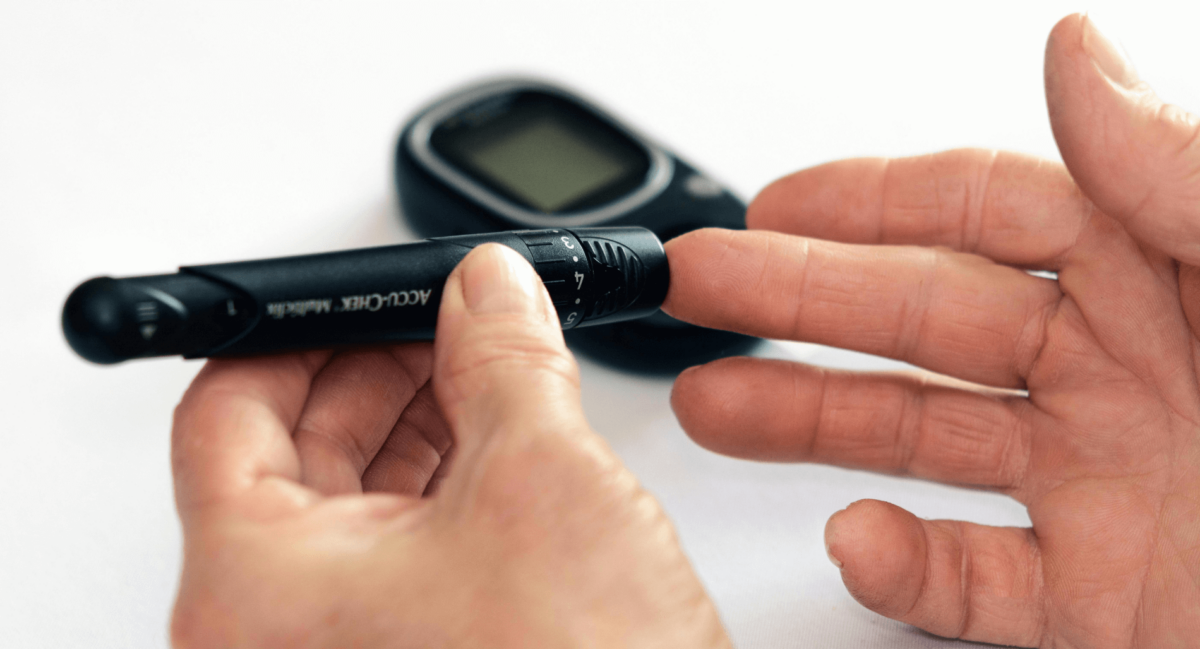
The Connection Between Diabetes & Hearing Loss
Diabetes affects millions of people worldwide. It is a condition that impacts many parts of the body, including the eyes, kidneys, and heart. However, not many people know that diabetes can also affect your ears. Hearing loss is more common in people with diabetes than in those without it. Understanding this connection can help in taking steps to protect your hearing if you have diabetes.
What is Diabetes?
Diabetes is a condition that makes it hard for your body to manage sugar in the blood. When you eat, your body breaks down food into sugar or glucose. This glucose is used for energy. Insulin, a hormone made by the pancreas, helps glucose get into your cells. In people with diabetes, the body either does not make enough insulin or can’t use it well. This causes high levels of glucose in the blood, which can harm various body parts over time.
Types of Diabetes
There are two main types of diabetes: type 1 and type 2. Type 1 diabetes is usually diagnosed in children and young adults. The body does not make insulin in this type of diabetes. People with type 1 diabetes need to take insulin every day. Type 2 diabetes is more common and usually happens in adults. In this type, the body does not use insulin well, and it may stop making enough insulin over time. People with type 2 diabetes can often manage it with diet and exercise, but sometimes they need medication or insulin.
How Diabetes Affects the Ears
Research shows that people with diabetes are twice as likely to have hearing loss as those who do not have diabetes. High blood sugar levels can damage the small blood vessels and nerves in the inner ear, which are essential for hearing. This damage can reduce blood flow and hurt the nerve cells that send signals to the brain. Over time, this can lead to hearing loss.
Signs of Hearing Loss
Hearing loss can happen gradually, so you might not notice it right away. Here are some signs to look out for:
- Difficulty hearing in noisy places.
- Frequently asking others to repeat themselves.
- Turning up the volume on the TV or radio more than usual.
- Feeling like people are mumbling or not speaking clearly.
- Trouble hearing high-pitched sounds, like the voices of women and children.
Protecting Your Hearing
Knowing the link between diabetes and hearing loss can help you take steps to protect your hearing. Here are some tips:
- Control Your Blood Sugar Levels: Keeping your blood sugar levels in check can help reduce the damage to your blood vessels and nerves, including those in the ears.
- Get Regular Hearing Tests: If you have diabetes, it’s a good idea to get your hearing checked regularly. Early detection can help you manage hearing loss better.
- Avoid Loud Noises: Protect your ears by avoiding loud noises or using ear protection in noisy environments.
- Maintain a Healthy Lifestyle: Eating a balanced diet, exercising regularly, and not smoking can help improve your overall health and may protect your hearing as well.
Treatment Options
If you have diabetes and are experiencing hearing loss, several treatment options may help:
- Hearing Aids: These small devices fit in or behind your ear and can help you hear better. They make sounds louder and clearer.
- Cochlear Implants: If hearing aids don’t work well for you, a cochlear implant might be an option. This device can help provide a sense of sound to those who are profoundly deaf or severely hard of hearing.
- Assistive Listening Devices: These devices can be used with or without hearing aids. They can help you hear better in specific situations, such as talking on the phone or watching TV.
Final Thoughts
Diabetes can affect many parts of your body, including your ears. Knowing the connection between diabetes and hearing loss can help you take steps to protect your hearing. By managing your blood sugar levels, getting regular hearing tests, and living a healthy lifestyle, you can help preserve your hearing. If you notice signs of hearing loss, talk to a hearing health professional about the best treatment options for you.
